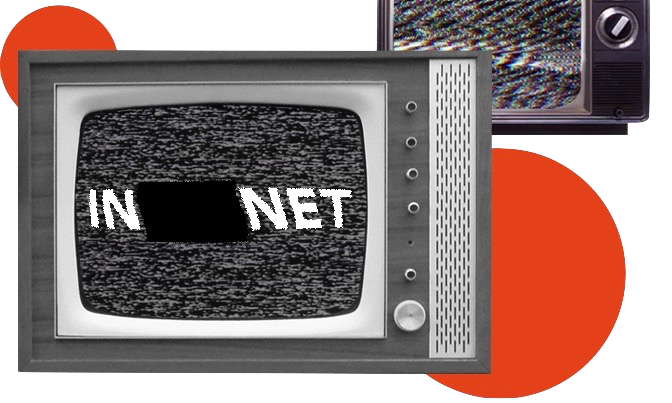Franco-German compromise deal
Article 3 of the Directive on copyright in the Digital Single Market is back on the negotiating table and it is even worse
Unfortunately, most of the member states of the EU still support the introduction of upload filters on the user-generated content platform, they just do not agree on the scope of the mandatory nature of the filters. France claims that filters sould apply to all platforms, regardless of size. Germany, on the other hand, advocated the position that they should not apply to everyone and that companies with a turnover below €20 million per year should be excluded outright.
In the recently presented Franco-German compromise deal, Article 13 does apply to all for-profit platforms. Upload filters must be installed by everyone except those services which fit all three of the following extremely narrow criteria:
– available to the public for less than 3 years,
– annual turnover below €10 million,
– fewer than 5 million unique monthly visitor.
In addition to these strict conditions the platforms that want to be excluded will have to prove that they have undertaken their best efforts to obtain licenses from the right holders. Such a wide obligation to filter copyright content is totally unacceptable for copyright law as the regime stimulating creativity and the dissemination of knowledge.
The Grand Board of the European Union Intellectual Property Office (EUIPO) finally ruled that the figurative sign ‘COVIDIOT’ cannot be registered as an EU trademark.
The 4th Open Knowledge Day took place on Tuesday 17 October 2023, with an accompanying workshop on 18 October 2023. This year it was organised by the Open Data and Intellectual Property Institute (ODIPI) and supported by Knowledge Rights 21 (KR21).
We invite you to the fourth Open Knowledge Day and the workshop, which will take place this year within the framework of the programme and with the support of Knowledge Rights 21. The event will bring together experts from different European countries to discuss two topics: the first part will deal with the legal basis for data analytics, which is a key part of machine learning and related artificial intelligence, and the general exception for research. In the second part, open science in theory and practice will be presented both in Slovenia and in some Western Balkan countries. Representatives of research and educational institutions from Slovenia and the Western Balkan countries, as well as interested members of the public, are invited to attend.
Dr. Maja Bogataj Jančič, a renowned expert in copyright law, has joined the Berkman Klein Center for Internet & Society at Harvard University, where she will serve as an affiliate researcher for the next two years.





